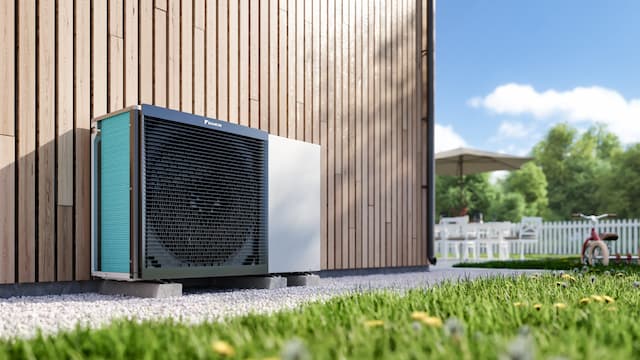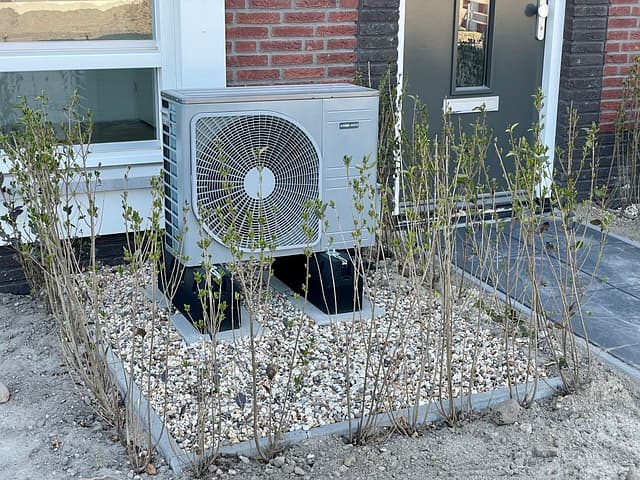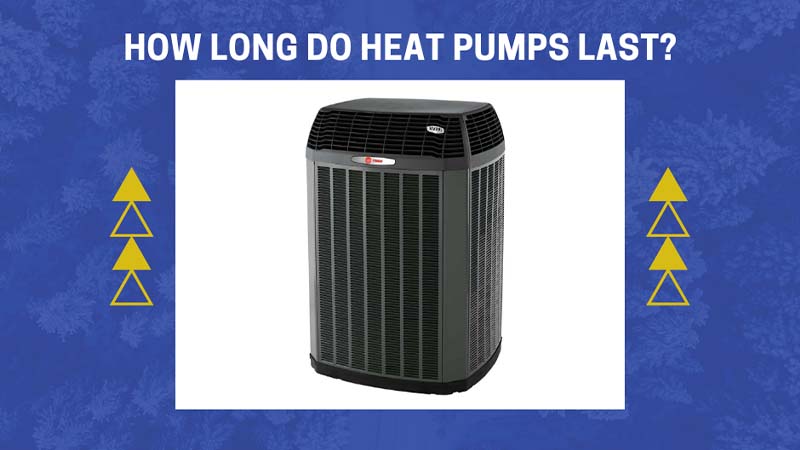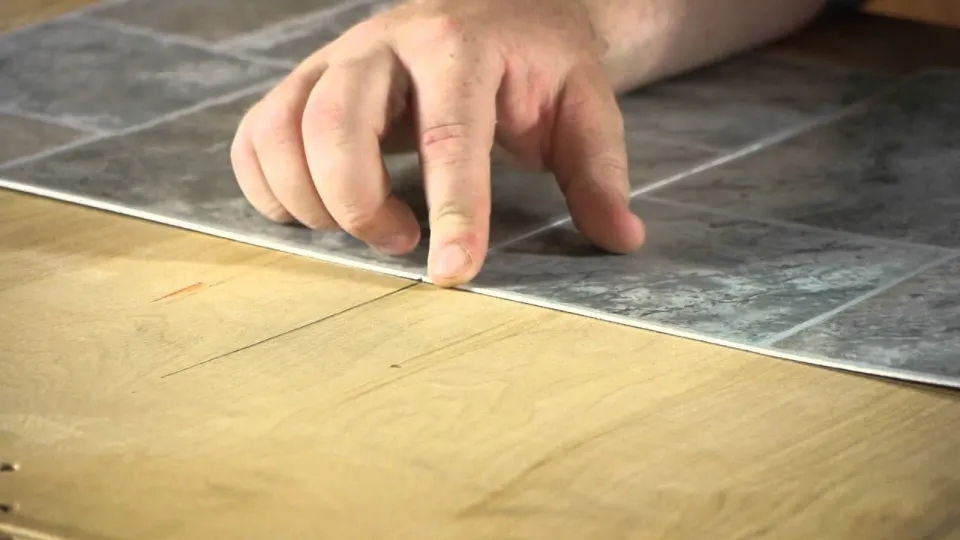Homeowners benefit from the simplicity and convenience of heat pumps, which can be used for both cooling and heating. But, how long does a heat pump last?
Heat pumps typically don’t last as long as furnaces and air conditioners do due to the fact that they are frequently used all year round. They have a 10- to 15-year lifespan on average.
The two most crucial elements in determining a heat pump’s lifespan are how frequently it is used and whether it received routine maintenance. A proper maintenance schedule for heat pumps should be followed twice a year, in the spring and the fall.
Factors That Determine the Lifespan of a Heat Pump
- When the Unit was Manufactured– Obviously, the heat pump’s lifespan will be impacted by its age. But in this case, I’m referring to the date the heat pump was created. Models that are more recent and contemporary tend to last longer. To be more precise, heat pumps that are less than 10 years old will probably last longer than those that are more than 10 years old.
- Proper Installation & Maintenance– A qualified professional with experience should install your heat pump. The lifespan of the unit can be significantly shortened by improper installation, which can also result in serious issues. If you want to get the most out of your heat pump, routine yearly maintenance is also crucial. The lifespan of a vehicle can be significantly shortened if maintenance is neglected, just like with a machine.
- Location– Your heat pump may experience problems if it has to work harder to heat your home if you live in an area where the temperature frequently drops below freezing in the cooler months. Heat pumps produce heat, but when the temperature drops below freezing, they perform less efficiently. Due to the salty air they are exposed to, coastal climates like Florida can also be hard on heat pumps and the parts that make them up. Inland climates that are warmer and don’t experience frequent below-freezing temperatures are best for heat pumps.
- Usage Amount– A machine’s lifespan decreases as it is used more, just like with any other machine. For instance, if your heat pump has to run continuously due to inadequate insulation or because the heat pump is too small, it will probably fail sooner than it would under normal circumstances. Therefore, it’s crucial to have a unit that is the right size and make sure that there aren’t any other factors making it run longer than necessary.

Signs It’s Time to Replace Your Home’s Heat Pump
There are a few indicators to look out for that might indicate it’s time to upgrade if you currently own a heat pump that is between 10 and 15 years old and are unsure whether to replace it now to prevent a sudden breakdown.
Rising Energy Bills
Despite no corresponding weather event, have your energy costs suddenly skyrocketed? Heat pumps take longer to heat or cool your home as they get older and lose efficiency. As a result, the system runs longer, increasing the cost of heating and cooling.
Frequent Repairs
It makes more sense to spend the repair money on a new system if you frequently need to repair your heat pump and the system is more than ten years old.
Poor Indoor Air Quality
Heat pumps are responsible for heating and cooling your home as well as removing moisture from the air to maintain proper humidity levels. Your heat pump isn’t functioning properly if your home has stuffy air. The growth of mold and mildew can be caused by increased moisture.
Strange Noises
Your HVAC system’s cycle beginning or ending noise is the only audible sound it makes. So any unusual sounds, like squeaking, humming, or grinding, should be investigated right away. One or more components of your heat pump may be damaged or loose, or the entire unit may be inoperable.
Other Issues
Other signs that your heat pump system may be failing include uneven temperatures throughout your house, cold air blowing through vents while the heat is on, and a tripped circuit breaker each time the heat pump turns on.

When Should You Replace Your Heat Pump?
Because a heat pump has a 15-year lifespan on average, it’s a good idea to start thinking about and making plans for replacement around that time. But as they say, don’t fix it if it isn’t broken!
There is really no reason to replace a heat pump that is still in good working order unless you simply want to switch to a more efficient model. However, it might be more cost-effective to replace your appliance if you have a costly repair that needs to be made or if it is constantly breaking down, especially if it is 10 years or older. Most HVAC systems come with a 10-year parts warranty, which would lower repair costs. However, if the appliance is more than ten years old, you are responsible for paying for all repairs.
How to Maintain Heat Pumps?
The factor most important in determining the lifespan of your heat pump is maintenance. You can do a few things to keep your heat pump well-maintained, which will help it last longer. For example:
- Ice buildup on the outdoor coil can result in frost and impair the pump’s ability to deliver heat. Verify that the defrost cycle is operating as intended.
- In accordance with the manufacturer’s recommendations, change or clean air filters frequently.
- On the outside condenser unit, clean the fins.
- Keep coils clean.
- Avoid allowing plant growth within 18 inches of the outdoor unit.
Read about
FAQs
How Much Do Heat Pumps Cost?
Installed costs might range from anywhere between $3,000 to $15,000 or more. The good news is that there are a number of ways to reduce heat pump installation costs, which is quite a range.
Can a Heat Pump Last 30 Years?
Heat pumps are durable. In the past, their average life expectancy was around 15 years, but thanks to several technological developments, modern units currently last around 20-25 years before they need replacing.
How Long Do Mitsubishi Heat Pumps Last?
However, the typical lifespan of a heat pump is 15 years. However, the superior engineering in Mitsubishi Electric heat pumps allows them to last for as much as 30 years with regular maintenance.
How Long Does An Air Source Heat Pump Last?
Air source heat pumps have a long lifespan, and with proper maintenance, they can be operational for up to 20 years. Furthermore, the majority of air source heat pumps come with 5-year warranties.
So, How Long Do Heat Pumps Last?
A heat pump’s lifespan is influenced by a number of variables, including its type, location, and level of maintenance. Heat pumps typically last 10-15 years on average, though some do eventually wear out. Some of today’s newer products can last a little bit longer.
There isn’t really a fixed period of time after which your heat pump needs to be replaced. We advise sticking with it if it’s functioning properly. But it’s probably a good idea to think about a replacement unit if it’s older and turning into a money pit.
That’s all for now from us. We sincerely hope you found this information useful. Please feel free to leave any questions or comments in the space provided below.



